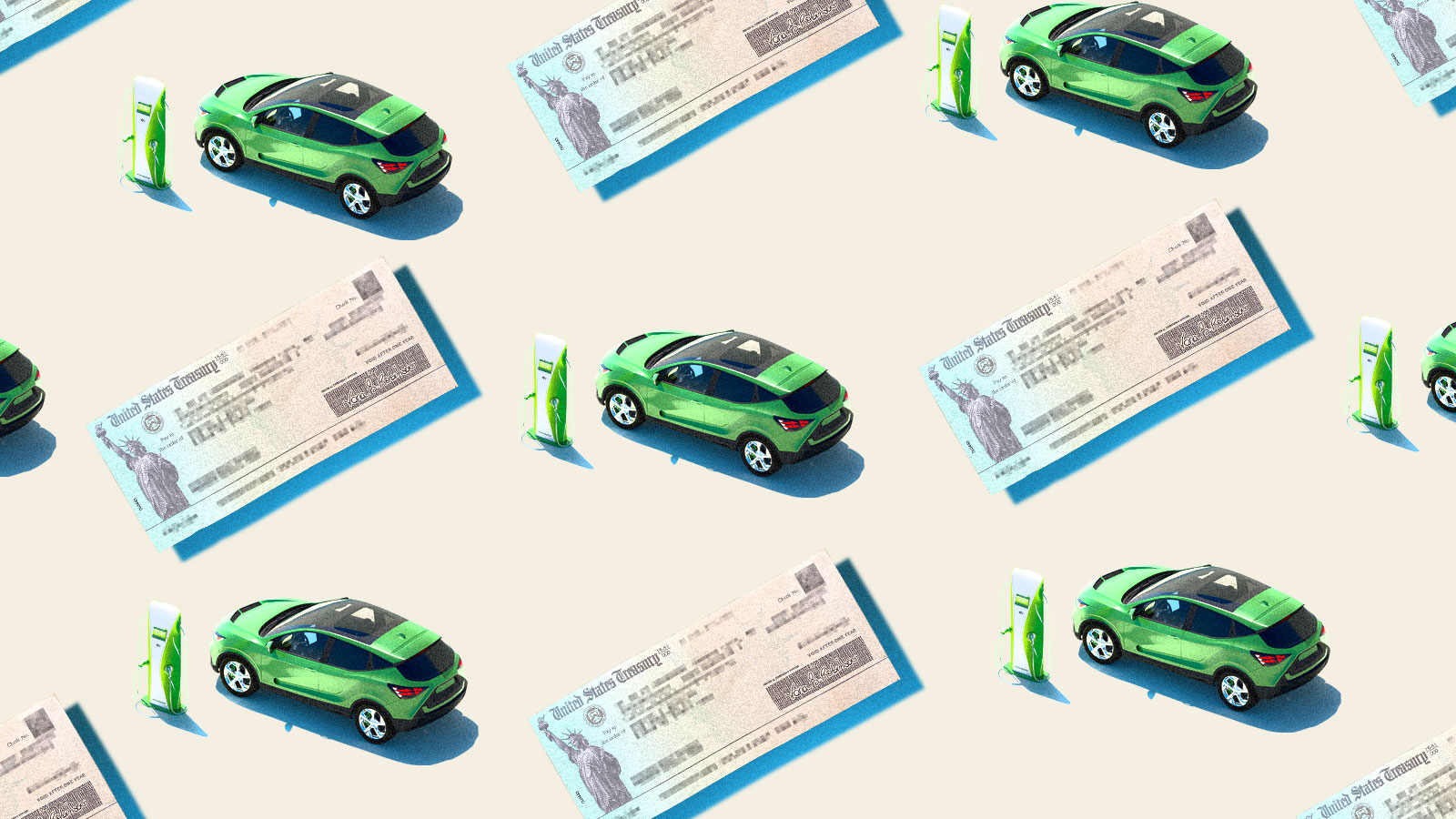More Us residents than ever are intrigued in shopping for or leasing an electrical car, according to facts produced by Buyer Experiences yesterday.
In a nationwide study, 14 {09e594db938380acbda72fd0ffbcd1ef1c99380160786adb3aba3c50c4545157} of respondents mentioned they would “definitely” acquire or lease an EV if they ended up in the marketplace for a new motor vehicle these days — a considerable soar from just 4 {09e594db938380acbda72fd0ffbcd1ef1c99380160786adb3aba3c50c4545157} in 2020. Twenty-two percent claimed they would “seriously consider” an electric powered motor vehicle.
Shopper Experiences carried out the survey of around 8,000 Americans in the course of January and February, when the national typical selling price of gasoline was all over $3.50 for every gallon. Considering that then, higher gasoline price ranges have ignited even additional curiosity. In the two months following Russia’s invasion of Ukraine, on line lookups for new and applied EVs much more than doubled, in accordance to Vehicles.com.
Between respondents who claimed they would not take into consideration an EV, charging logistics, car or truck assortment, and the over-all value topped their list of concerns. Some of these concerns are justified, but new research implies that some may have more to do with notion than reality. In May well, a workforce of scientists at the College of Geneva located that men and women are likely to undervalue how well an EV could serve their day by day desires.
In the U.S., new EVs are commonly much more high priced than new fuel-run automobiles, but EV homeowners expend considerably a lot less on “fuel” and all around 50 percent as significantly on routine maintenance and repairs over the car’s life time, considering that EVs have fewer shifting elements and much less fluids that need transforming.
The groups most probable to invest in or lease an EV involve individuals who live in city locations and individuals with higher residence incomes, displaying that the changeover to EVs hasn’t been equitable. Environmental justice advocates say which is a dilemma since low-profits communities and communities of shade bear the maximum burden from vehicle exhaust pollution and stand to advantage from saving money by switching to EVs.

Previous thirty day period, the Biden Administration announced it would take a step in the direction of resolving the difficulty by investing $7.5 billion in EV charging infrastructure, especially aiming to fill gaps in “rural, disadvantaged, and challenging-to-get to destinations.”
“Vehicle electrification is a match changer for local weather change and the new cleanse strength economic climate,” wrote Leslie Aguayo in a the latest weblog for the Greenlining Institute, an environmental justice corporation. “That is, if we really do not lock out complete communities.”
Individuals who had either pushed or ridden as a passenger in an EV were also far more most likely to say they’d take into consideration obtaining or leasing 1, suggesting that demand from customers will keep on to develop as extra people today get familiar with EVs.
Automakers are unveiling more varieties of EVs. In 2012, just eight EV designs were bought in the U.S. By the conclusion of this year, it will be 100. But as demand grows, EVs are tricky to discover. The pandemic, a shortage of semiconductor ships, and the war in Ukraine have disrupted offer chains, and quite a few new versions have backlogs that could just take a yr to distinct.